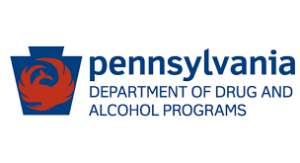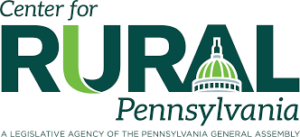Pennsylvania Health Law Project Newsletter
The Pennsylvania Health Law Project has published its June 2022 newsletter.
Included in this month’s edition are articles about:
 Changes in HealthChoices managed care plans that take effect on September 1.
Changes in HealthChoices managed care plans that take effect on September 1.- The July 1 transition to Tempus as the financial management services vendor for Community HealthChoices, which means Tempus will take over paying direct care workers hired by Community HealthChoices participants as part of that program’s self-directed care model.
- A reduction of the deadline for requesting a fair hearing in response to Medicaid eligibility rejection or termination from the program from 90 days, which it has been since the start of the COVID-19 emergency, back to the 30 days it was before that time. This change is retroactive to May.
- A lifting of the pandemic-driven suspension of the need for prior authorization for shift nursing services for Medicaid beneficiaries under the age of 21, which will take effect on November 1.
Read about these subjects and more in the June 2022 edition of Health Law News, the Pennsylvania Health Law Project’s newsletter.
 General Assembly
General Assembly Governor Wolf
Governor Wolf Department of Human Services
Department of Human Services Department of Drug and Alcohol Programs
Department of Drug and Alcohol Programs Stakeholder Events
Stakeholder Events


 Department of Drug and Alcohol Programs
Department of Drug and Alcohol Programs General Assembly
General Assembly General Assembly
General Assembly Department of Health
Department of Health Department of Drug and Alcohol Programs
Department of Drug and Alcohol Programs General Assembly
General Assembly Office of the Attorney General
Office of the Attorney General Pennsylvania Health Care Cost Containment Council (PHC4)
Pennsylvania Health Care Cost Containment Council (PHC4) Primary Election
Primary Election General Assembly
General Assembly Department of State
Department of State